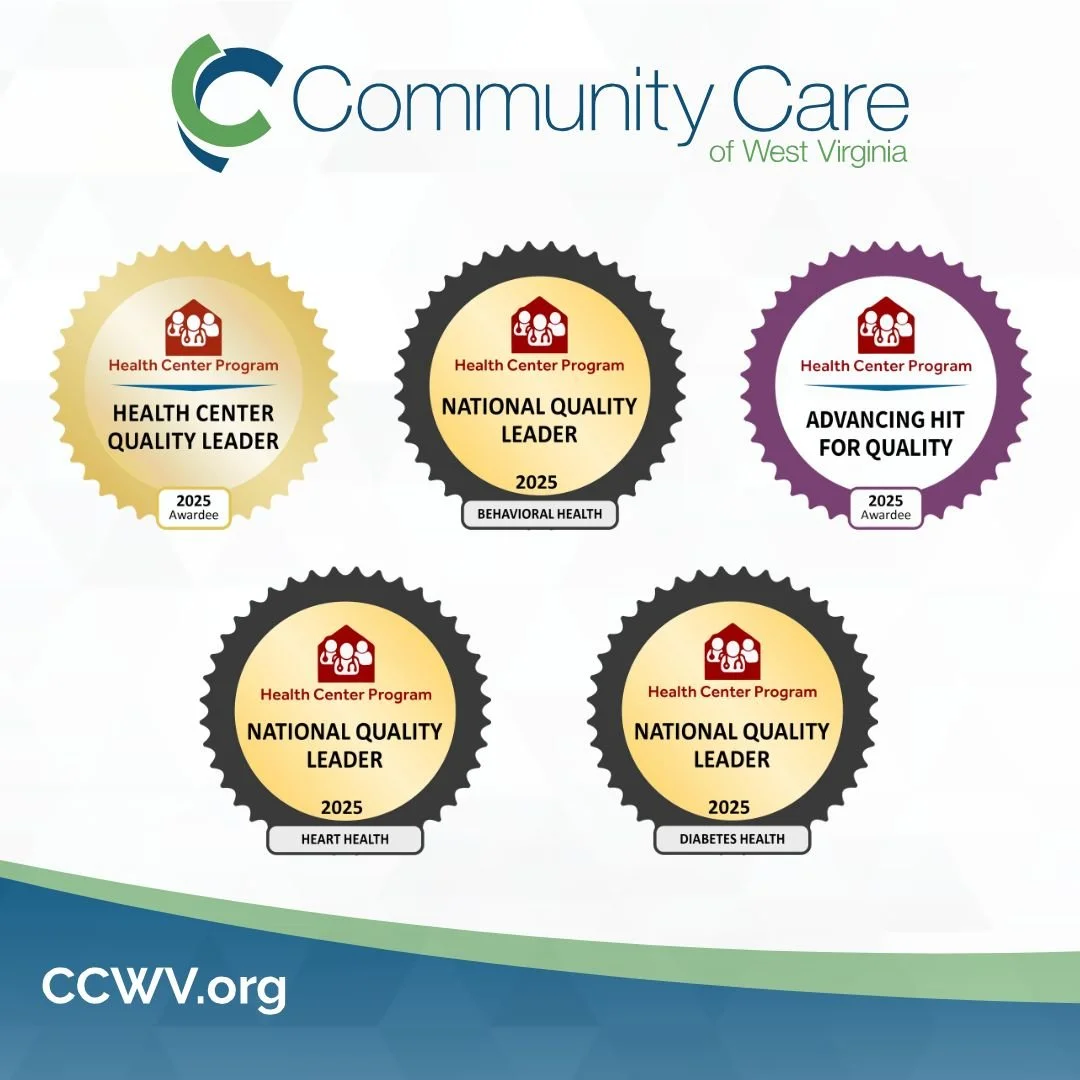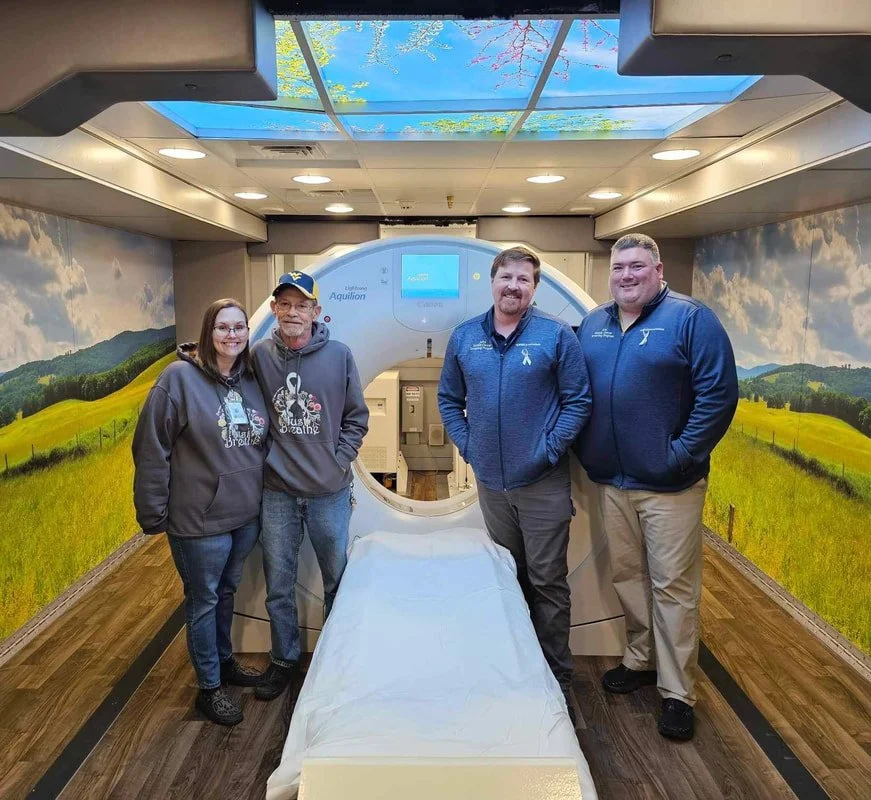
The Latest News from CCWV

Leadership WV Announces Class of 2026

Community Care Earns Top National Honors

A Life-saving Decision: Drema’s Cancer Fight

LUCAS Bus Screening Instrumental in Saving a Clay County Man’s Life

Community Care of West Virginia marks opening of new Bridgeport location with ribbon cutting

Dr. Christine Jones Named Honorary Extension Master Gardener of the Year

Mental Health Care Heroes

Trish Collett Named Buckhannon - Upshur Chamber's 2024 Business Woman of the Year

Community Care of West Virginia Named 2024 Million Hearts® Hypertension Control Champion
Community Care of West Virginia (CCWV) has achieved a monumental milestone by being named a 2024 Million Hearts® Hypertension Control Champion.

Latest Addition to Charles Pointe Roster of Tenants in Midst of $2.3M Renovation after Building Acquisition
Several months after acquiring a massive building in Charles Pointe, the development’s newest tenant is moving ahead with an equally massive renovation.

Mountaineer Food Bank and Aetna Better Health of West Virginia Partner to Improve Access to Healthy Food in West Virginia
In a significant move to address food insecurity and promote healthier lifestyles, Mountaineer Food Bank has announced the construction of a new production kitchen at its Gassaway warehouse, made possible by a generous $1.5 million grant from Aetna Better Health of West Virginia.

West Virginia Health Center Overcomes the Hiring and Retention Odds
When Trish Collett joined the staff of Community Care of West Virginia as a physician’s assistant, she was the fourth medical provider on a staff of 23 people. Now, 24 years later, she is the CEO, running a sprawling operation that employs about 555 people.

Community Care Holds Summer Internship Program In Partnership with Upshur County Schools
Last month, Community Care of West Virginia (CCWV) wrapped up its 2024 Summer Internship Program. Eleven Buckhannon-Upshur High School students participated in the six-week program.

Community Care of West Virginia tackles stigma surrounding substance use disorder
Substance use disorder (SUD) is a treatable chronic health condition from which people can and do recover. However, many individuals struggling with SUD hesitate to seek the treatment they need due to the stigma they face.

Community Care of West Virginia Receives Charitable Award from J. Lohr Vineyards & Wines
Community Care of West Virginia (CCWV) received a charitable contribution from J. Lohr Vineyards & Wines as part of its “50 Years, States & Ways of Giving” campaign.

Upshur County (West Virginia) Chamber of Commerce holds annual Bartender Battle
The Buckhannon-Upshur Chamber of Commerce held an early West Virginia Day celebration with their second annual Bartender Battle at the Opera House.

Stories of Recovery: Judy Utley's Story
My name is Judy Utley. I’m 64 years old, and I’m originally from Detroit, Michigan.

West Virginia Wesleyan College Honors Community Care of West Virginia Leaders with Presidential Medallions
From navigating the Covid-19 pandemic to being the impetus behind West Virginia Wesleyan College’s new Master’s in Clinical Mental Health Counseling program, Community Care of West Virginia has developed a strong partnership with the College.
